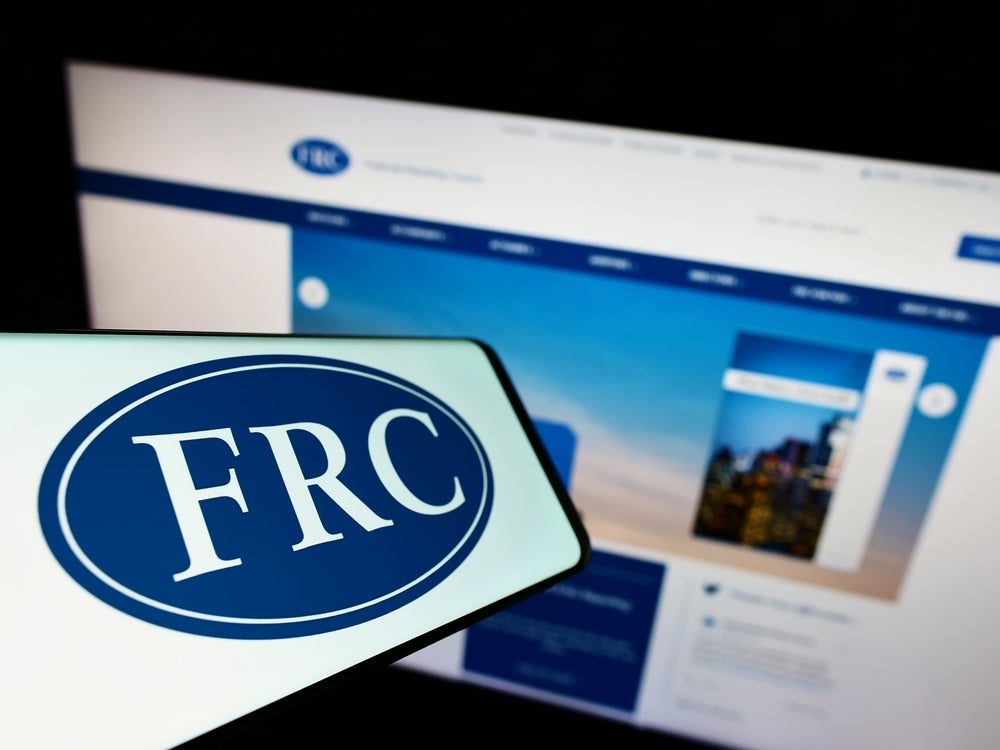The use of automated tools for audit such as data analytics has grown dramatically in the last three years, however auditors are dependent on whether companies have a robust IT infrastructure that allows data to be extracted in a usable form to challenge management, according to a new report from the UK’s Financial Reporting Council (FRC).
The report follows up a review conducted in 2017 which highlighted that the use of data analytics for audit was not as prevalent as the market might have expected. However, three years on and the FRC has said there has been a ‘step change’, with data-led audits more prevalent and the use of technology being routine at the largest UK audit firms.
The FRC also found that emerging technologies such as machine learning and predictive analysis, although in their infancy, can help to identify unusual transactions or challenge judgements around going concern or impairment that would not otherwise be found by a human auditor. The FRC encourages the audit firms to continue to develop their technologies in these areas to seek further improvements in audit quality.
Analysis of audit inspections revealed:
- the most prevalent use of audit data analytics (ADA) beyond journals is in high volume, low judgement transactions such as revenue testing
- audit teams use ADA to focus audit testing on the areas of highest risk through stratification of large populations
- in response to audit inspection findings, audit teams have improved their documentation and evidence supporting the use of ADA
- automated tools are deployed with sufficient training and support
FRC executive director of supervision David Rule said: “Technology provides opportunities to deter fraud and the manipulation of accounts by analysing entire populations of data and identifying unusual transactions.
“We support wider use of audit data analytics. We are looking to the market to continue to develop innovative solutions and are now consulting stakeholders to inform our policy for the future of audit technology.”
How well do you really know your competitors?
Access the most comprehensive Company Profiles on the market, powered by GlobalData. Save hours of research. Gain competitive edge.

Thank you!
Your download email will arrive shortly
Not ready to buy yet? Download a free sample
We are confident about the unique quality of our Company Profiles. However, we want you to make the most beneficial decision for your business, so we offer a free sample that you can download by submitting the below form
By GlobalDataAs the development of technology is fast moving, the FRC has outlined a number of expectations for audit firms, including:
- responsibilities for ongoing development, testing and approval of existing and new automated tools
- demonstrating the integrity of extracted data for use by automated tools
- clear articulation of how automated tools support audit procedures
Institute of Chartered Accountants in England and Wales tech faculty head Richard Anning said: “We welcome the report’s findings, which are very much in line with what we’re seeing with our members. It’s encouraging to see that use of analytics has grown and become more robust and systematic. We also welcome the positive engagement from FRC and their practical suggestions to help firms and audit committees make the most of the new opportunities technology brings.
“The challenge now is to ensure that mid-size and smaller firms embrace the new tools and techniques so everyone benefits.”





